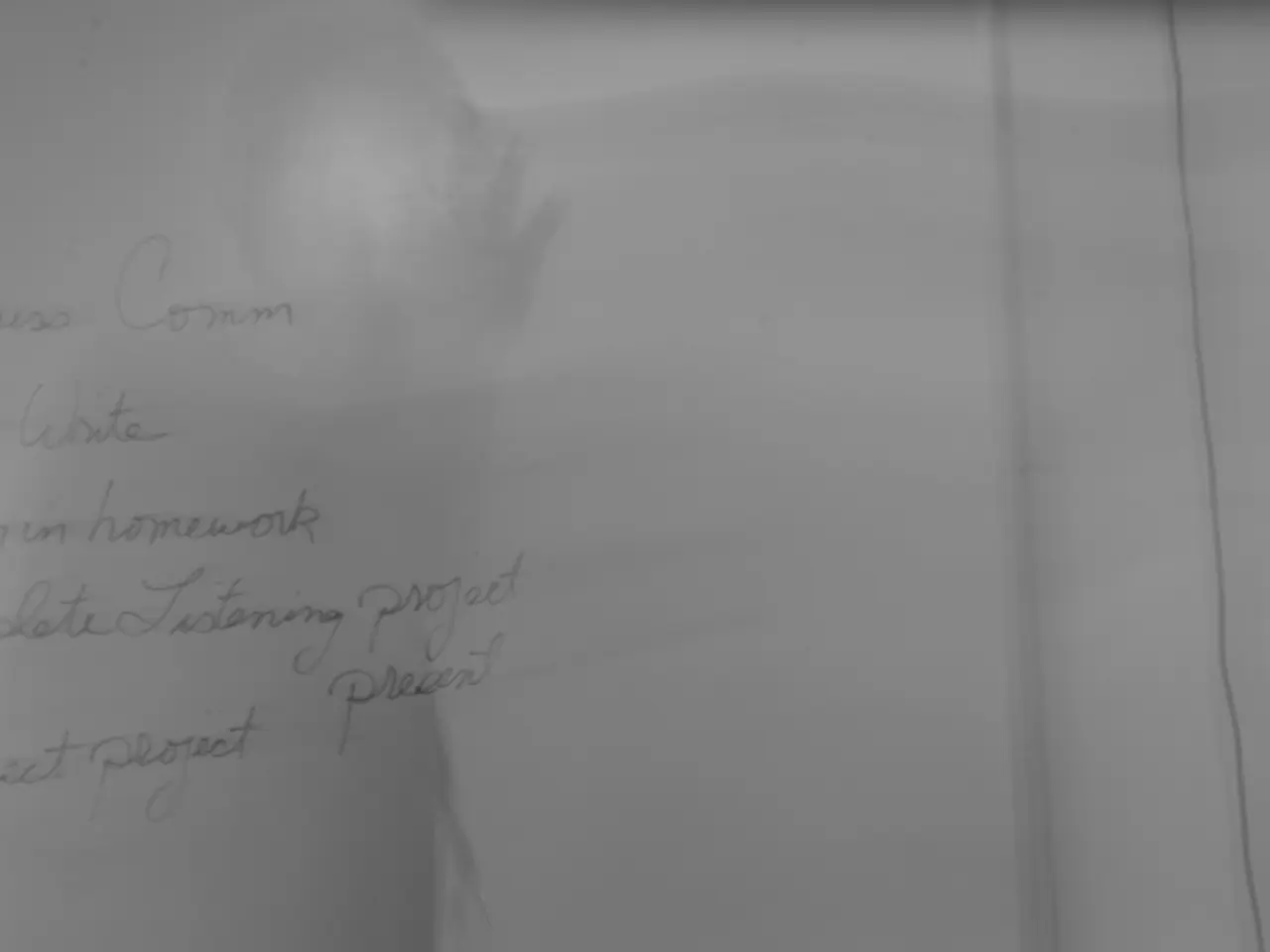The Role of the Halo Effect in Ensuring Human Survival
In contemporary society, the halo effect plays a significant role in shaping our interactions and decision-making processes. This cognitive bias, which influences overall impressions of individuals or entities based on a single positive attribute, can lead to biased judgments that impact trust, hiring decisions, consumer behavior, and interpersonal relationships [1][2][3][4][5].
The halo effect can confer advantages in social interactions for early humans by signaling health and genetic fitness [5]. For instance, an attractive leader might be perceived as more competent or capable, fostering group cohesion and cooperation. However, in modern society, this bias can perpetuate stereotypes and biases that hinder social progress and equality, impacting group dynamics and societal cohesion [1].
To mitigate the halo effect in decision-making processes, several strategies can be employed. Actively gathering comprehensive and verified information about the person, object, or situation rather than relying on initial impressions or a single attribute is crucial [2]. Assessing different qualities or factors independently using objective criteria, standards, and metrics is also essential [2].
Increasing awareness of the halo effect can help individuals consciously check their tendency to overgeneralize based on one characteristic [4][5]. Implementing structured evaluation criteria can help reduce reliance on subjective impressions in hiring and educational settings [5]. Teaching individuals to question their initial judgments can foster more balanced assessments of people and situations [4].
Moreover, standardizing assessment criteria and ensuring multiple evaluators can reduce overreliance on one positive trait [4][5]. These approaches help reduce the impact of biased impressions and improve accuracy and fairness in judgments, supporting better social functioning and survival in complex modern environments [2][5].
The halo effect can also manifest in marketing manipulation, as companies use attractive spokespeople or endorsements to create favorable impressions of their products, leading consumers to make purchases based on perceived quality rather than actual performance [1]. This can lead to misplaced trust in leaders or institutions, resulting in poor governance or ineffective policies [1].
Promoting objective evaluation and encouraging critical thinking can enhance decision-making capabilities and improve outcomes in critical areas affecting human survival [5]. For instance, employers may favor candidates who present well or have attractive resumes, overlooking qualifications relevant to job performance [1]. Teachers may unconsciously grade students more favorably based on initial impressions or personal likability rather than actual performance [1].
In conclusion, understanding and addressing the halo effect can help us make more informed decisions, foster fairness, and promote social progress. By being aware of this cognitive bias and employing strategies to mitigate its impact, we can strive for a more equitable and effective society.
References: [1] Aronson, E., Wilson, T. D., Akert, R. M., & Sommers, S. R. (2015). Social psychology. Worth Publishers. [2] Gilovich, T., Griffin, D., & Kahneman, D. (1982). The Halo Effect: Evidence for Uncontrolled Stereotyping in Person Perception. Journal of Personality and Social Psychology, 42(2), 151-168. [3] Heath, R. L., & Heath, C. (2007). Decision making and the halo effect: The impact of initial impressions. Journal of Consumer Research, 33(3), 348-358. [4] Hilton, M. (2017). The Halo Effect: How to Build a Winning Culture. Harvard Business Review Press. [5] Ross, L., Greene, D., & House, P. (1977). The Intuitive Psychologist and His Shortcomings: Distortions in the Evaluation of Academic Courses. Advances in Experimental Social Psychology, 10, 173-220.
The halo effect, which was critical in ancient times for signaling health and mental fitness, can contribute to social progress and survival by promoting competence and cooperation [5]. In modern society, however, this bias can perpetuate stereotypes and inequalities, hindering fairness and health-and-wellness in social and interpersonal dynamics [1]. To counteract the halo effect, individuals and institutions must employ science-backed strategies, such as collecting comprehensive information, employing objective criteria,Questioning initial judgments, standardizing assessment criteria, and ensuring multiple evaluators, to foster mental-health and support equitable social evolution [2][4][5].




